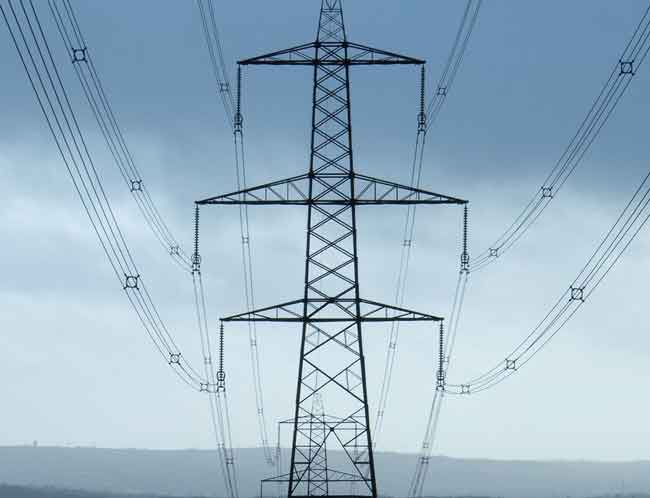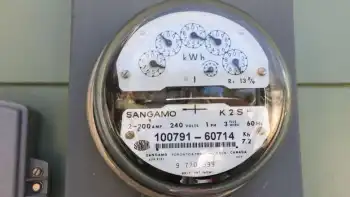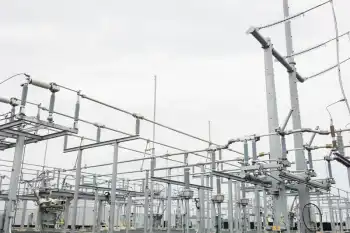Wind turbine bid challenges zoning
By Knight Ridder Tribune
Substation Relay Protection Training
Our customized live online or in‑person group training can be delivered to your staff at your location.

- Live Online
- 12 hours Instructor-led
- Group Training Available
Ammermann said he is hoping to harness the wind to light his house and power his horse barn and two aerators in his pond. He pays about $205 a month for electricity. "I think that the fascination with wind power is that utility bills will be something of the past," he said.
Ammermann, 64, would become part of a small group of Wisconsin residents who use the wind to provide their electricity as concern about the environment and greenhouse gases, including power plant emissions, continues to grow.
Harvesting the wind, though, isn't cheap.
Ammermann said his turbine would cost about $30,000, "and I will be lucky if I pay off the investment with the savings in 12 to 14 years." But he said, "It's one thing that I can do as a private citizen to help cut the emissions from a nuclear-powered plant or a coal-fired plant." He was born and raised on a farm in Minnesota and grew up with windmills.
Besides being expensive, building a 100-foot tower sometimes doesn't sit well with neighbors. In Ammermann's case, the town's zoning ordinance doesn't allow wind turbines on properties smaller than 20 acres. That could change.
Town Chairman Jim Kadow said he has asked Town Attorney John DeStefanis to review a state appeals court decision, issued in March 2001, that found Mequon had unfairly denied Norman Numrich and Ralph Kling the right to erect 80-foot-high turbines. The appeals court said "local restrictions are permitted only if they serve the public health or safety."
T. Michael Schober, a New Berlin attorney who represented Numrich and Kling, said the men gave up on the turbines after Mequon city officials later determined that the turbines potentially could cause a health or safety hazard.
"Local governments tend to see a very small view of the world," Schober said. "They only see as far as their constituents can see who complain that a wind energy system might block their views.... They do not do what is right for the overall interest of the larger community."
But Kadow said he believes that the Town Board might be willing to amend the zoning ordinance to permit turbines on smaller properties, provided the property owner obtains a conditional use permit from the town.
In 1993, the state Legislature amended a law that encouraged people to construct solar energy systems to also include wind energy systems.
So far, not many have invested in wind systems.
We Energies has 44 houses in its service area that have wind generators, said Patrick Keily, a renewable energy specialist for the Milwaukee-based utility. The service area includes southeastern Wisconsin and the Fox Valley. Keily said people normally do not think of wind energy as a good investment immediately.
A wind turbine is an electrical-mechanical device and requires periodic maintenance. Wind turbines also can be 120 feet high, and they have to be in the right location to harness enough wind. Congested urban areas are not good places for these towers, Keily said.
"If somebody is looking at one of these systems solely from the economic standpoint, they probably are not going to do it," Keily said. "But that's usually not the main driver."
Chuck Heide, 85, last June began running a 110-foot-high turbine in the Town of Somers in Kenosha County. In December, Heide said, We Energies paid him $450 for the extra energy his turbine produced. His house normally uses about 800 kilowatt hours of power a month, and the tower has been producing about 3,000 kilowatt hours a month.
Heide declined to say how much it cost to erect his tower. "I did it mostly because I wanted it," he said.
"Everybody knows the good things about using renewable energy. I wanted to set an example down here and perhaps encourage others to do the same thing."











